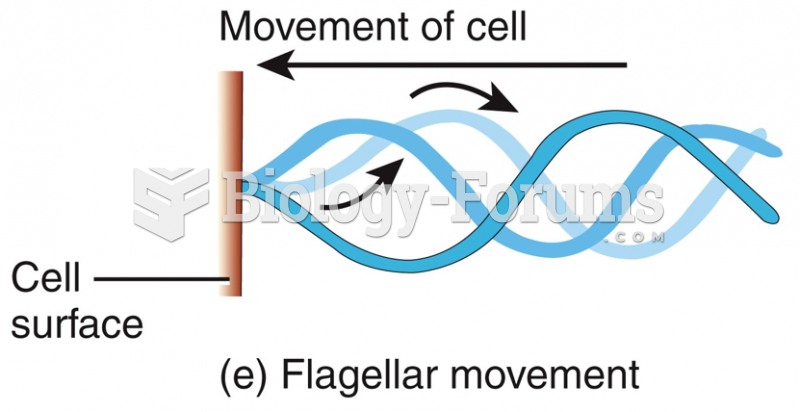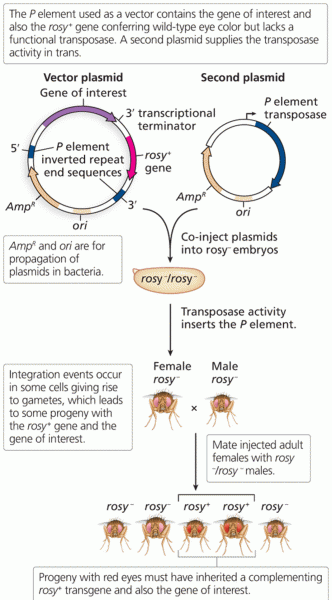|
|
|
When Gabriel Fahrenheit invented the first mercury thermometer, he called "zero degrees" the lowest temperature he was able to attain with a mixture of ice and salt. For the upper point of his scale, he used 96°, which he measured as normal human body temperature (we know it to be 98.6° today because of more accurate thermometers).
The average office desk has 400 times more bacteria on it than a toilet.
The modern decimal position system was the invention of the Hindus (around 800 AD), involving the placing of numerals to indicate their value (units, tens, hundreds, and so on).
Human kidneys will clean about 1 million gallons of blood in an average lifetime.
The Romans did not use numerals to indicate fractions but instead used words to indicate parts of a whole.







